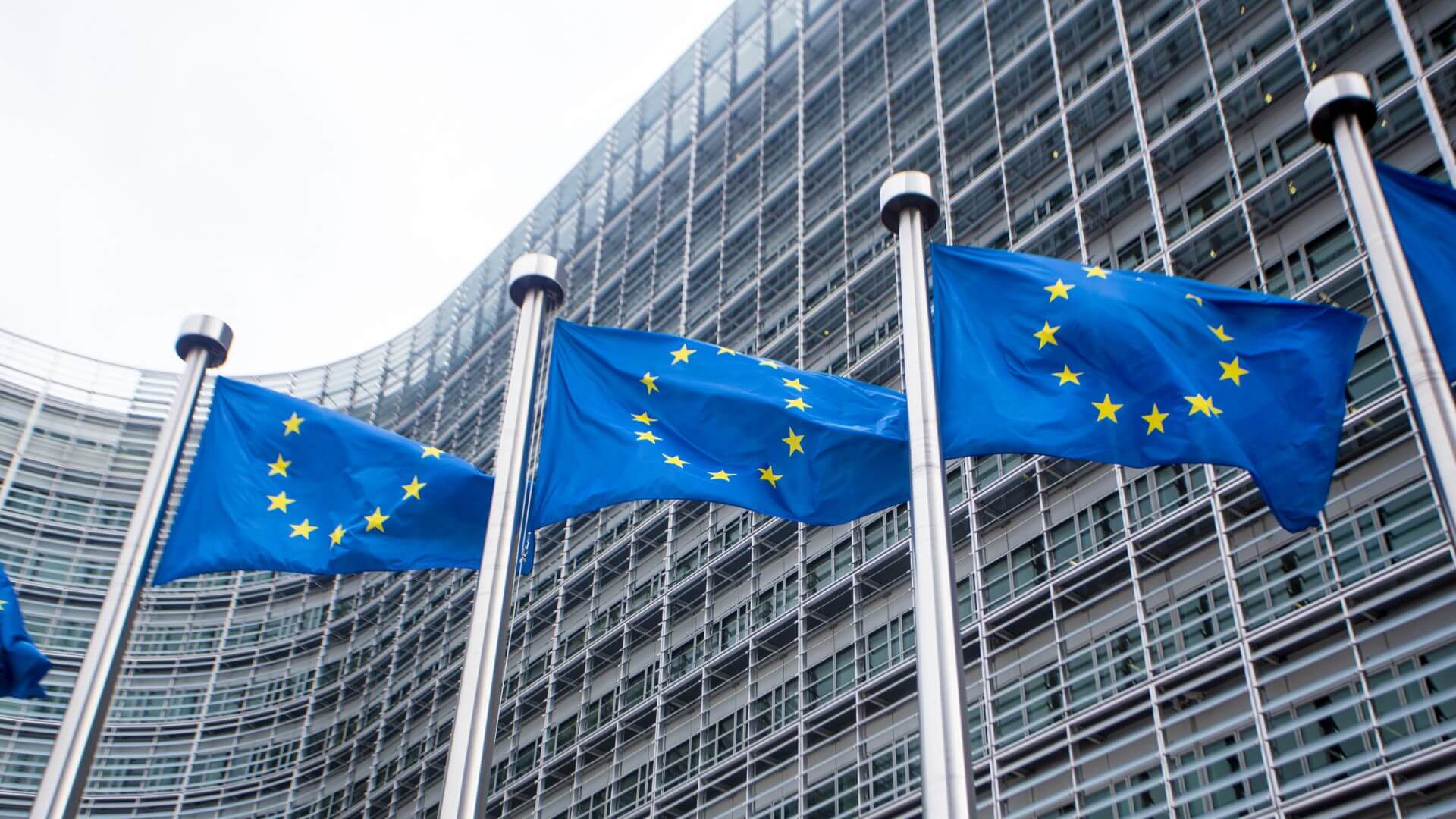

Dana Poponete
Artificial Intelligence


Öykü Özfırat
Artificial Intelligence


The European Union has levied a EUR 1.84 billion (USD 2 billion) fine against Apple, marking a significant enforcement action within its competition and antitrust policy sphere. The fine addresses Apple’s business practices on music streaming services on its App Store, notably affecting competing services such as Spotify.
These practices, according to the European Commission’s (EC) competition chief, Margrethe Vestager, had the effect of artificially inflating the cost of music streaming subscriptions for millions of EU citizens, which is against the EU’s goal of ensuring a competitive single market.
Challenges for big tech companies
This penalty represents a financial blow to Apple, whose share price fell by over EUR 65.5 billion (USD 70 billion) following the announcement. The EC justified the fine because of Apple’s strategy of charging fees of up to 30% on music subscriptions acquired through its platform, compelling services like Spotify to hike their prices.
The result is big tech companies back in the spotlight of policymakers, alongside the spectre of ongoing legal battles as Apple signals its intention to appeal. This scenario underscores a broader regulatory challenge facing big tech companies, with Apple at the forefront of navigating the complexities of compliance within the EU’s tightening grip on digital marketplaces.
New obligations
This landmark fine signals the continued efforts of the EC in strengthening its enforcement muscle, particularly with the impending implementation of new obligations under EU internet competition laws like the Digital Markets Act (DMA).
In this era of rapidly evolving digital landscapes, the recent EU fine against Apple represents a critical juncture for organisations worldwide. We are observing the EC mandate that tech gatekeepers like Apple, Google, and Meta overhaul operational practices that have a direct impact on music streaming services, as well as game developer studios. The European Commission said in a separate statement that it has also requested further explanations from Apple on how its actions towards Epic Games comply with DMA regulations.
The EC have signalled an intention to foster a more competitive and equitable digital ecosystem, where consumers have access to cheaper and diverse music streaming services without the burden of additional costs driven by further platform fees. Time will tell how the new regulatory practices will shape the business strategies of different players in the ecosystem, and impact consumer behaviours.
These developments highlight the essential need for a strategic approach to navigate the complexities of antitrust and competition laws. At Access Partnership, our expertise lies in merging transformative technology with purposeful policy, ensuring your organisation not only remains compliant but thrives in the face of regulatory challenges.
If you or your business are seeking strategic support to navigate the complexities of antitrust and competition law within the EU, please contact our experts using the form below.





